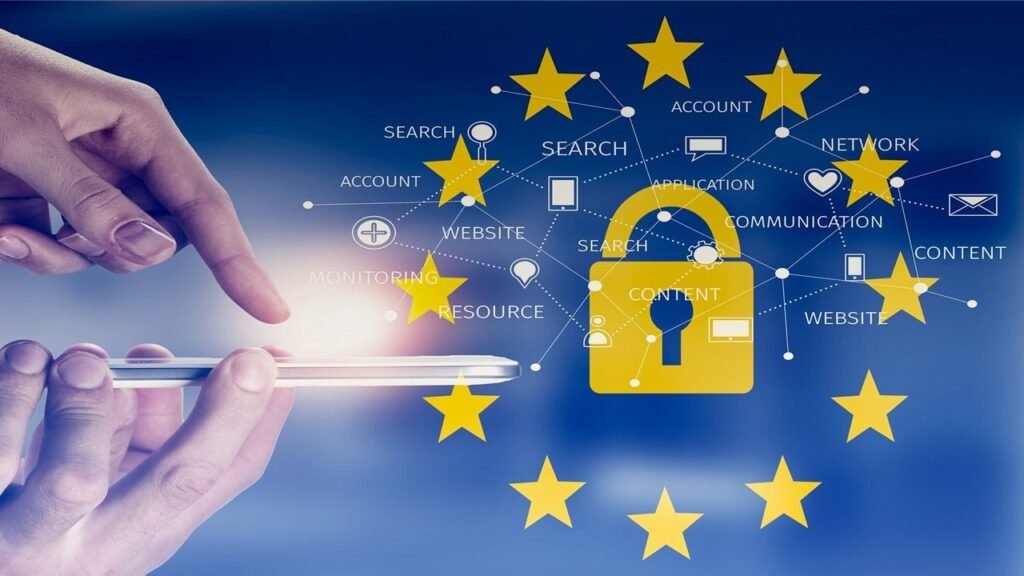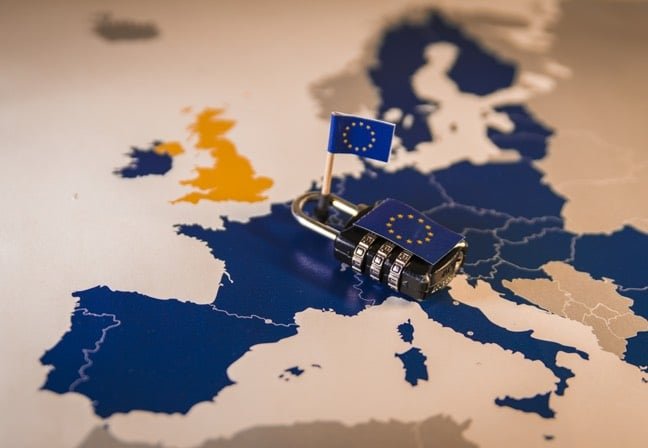Protect the domain, protect the brand

Even with the best antivirus and anti-malware software, we live in a challenging business environment heightened by the threat of cyber attacks, online fraud and brand abuse, protecting your organisation’s reputation, revenue and customers has never been more important. While there are many elements to consider when it comes to online brand protection, the domain is perhaps the most important.
Your domain is the core of your business identity and forms the basis for your wider business strategy. It is vital to building your brand and fostering and maintaining customer trust. As a result, any damage to it in the form of abuse or an attack that undermines your internet security can have a negative impact on your organisation and affect customer trust.
From the beginning when you select and register your domain name or names, right through to managing them and securing them, the best approach is to gain a holistic view of your domains and the management process in order to mitigate risk both to your customers and your intellectual property.
About the author
Chrissie Jamieson is the VP of Marketing for MarkMonitor.
The growing cyber threat
This may be easier said than done based on the approach that brands are taking. This was one of the findings from the recent MarkMonitor 2019 Global Business Survey.
The research also showed the state of the industry in which brands are operating, revealing that 62% of brands have been impacted by cybercrime in the last year. In addition, 23% of brands experienced an attack targeted specifically at their domain.
With 48% of brands sta
Be the first to write a comment.


